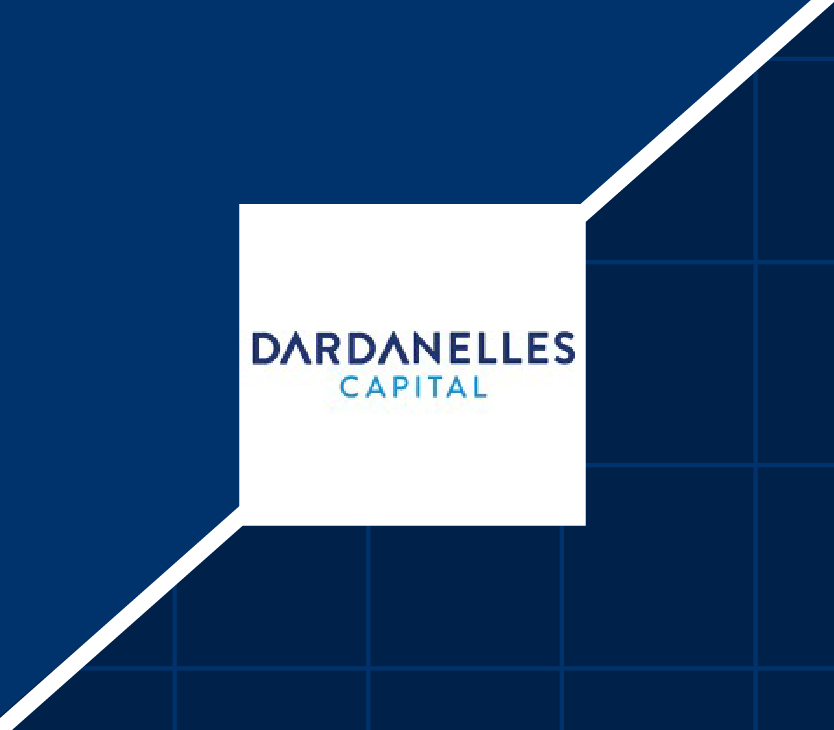Leverage Adjusted Returns
Hedge fund returns should be leverage adjusted to best measure risk. A hedge fund that is running 100% gross and puts up 10% returns is superior to a fund running 200% gross that returns 15% but that is often overlooked when fund returns are discussed by investors. Read more on our research here.
Hedge fund returns should be leverage adjusted. A hedge fund that is running 100% gross and puts up 10% returns is superior to a fund running 200% gross that returns 15% but that distinction is often overlooked when fund returns are discussed by investors in hedge funds.
I was recently working with a client that has struggled to raise assets despite an amazing track record of mid-teens for almost 10 years. The issue is that they typically run just a little over 100% gross and many times run under. They’re getting considerable feedback from potential investors that they should run a leveraged product to “enhance” their returns to compete with other hedge funds. This seems like complete non-sense. First, if the investor really wanted a leveraged version of the funds product they could probably do it cheaper themselves and they can choose whatever leverage multiple they want. For example, let’s say they want to invest $100M in a 2x leveraged version of the fund. They can simply borrow $100M to put alongside their own $100M to create a 2x product. And the investor can generally get a lower rate than what a prime broker would charge the hedge fund.
Second, the potential investor should adjust each fund’s returns by its leverage to get an apples-to-apples comparison:

Leverage must be accounted for when measuring a fund because it is arguably the most important measure of risk. For anyone that has read any financial crisis history (This Time is Different / Manias, Panics, Crisis / The Big Short / Boomerang / The Ascent of Money / When Genius Failed) you’ll see a recurring theme…leverage. It is astonishing that a potential investor would calculate a Sharpe ratio (Return/Volatility) and not calculate a leverage adjusted return (Return/Leverage). Leverage is the permanent risk, volatility is an impermanent risk.
I’m sure there are many smart investors that already make this adjustment, but my concern is that it isn’t pervasive. It isn’t part of standard discourse on fund returns. If it were, it would be on the front page of all fund investor letters…right alongside the Sharpe Ratio.
.svg)







